Like in any other creative design, selecting the right kind of thread will be an important factor. Embroidery is no exception. There are so many different options available, especially when it comes to a thread that will be used on a machine embroidery machine.
Thread for Machine Embroidery
There are many different thread types available for machine embroidery digitizing, and it can be difficult to know which one to choose. The most important thing to consider is the fabric you will be embroidering on. Different fabrics require different types of thread to create a successful design.
Some of the most common types of thread used in machine embroidery are polyester, rayon, and cotton. Each thread has its advantages and disadvantages, so it’s important to choose the right one for your project.
A polyester thread is the most durable thread, ideal for heavier fabrics such as denim or leather. It’s also less likely to fade over time, so it’s a good choice for projects exposed to sunlight. However, a polyester thread can be more difficult to work with, and it doesn’t have as much give as other types of thread.
Rayon thread is made from cellulose fibres, making it very strong and durable. It’s also less likely to fade than polyester thread, making it a good choice for projects exposed to sunlight. However, rayon thread can be more difficult to work with and can break more easily than other thread types.
Types of Thread to use for Machine Embroidery
A few different thread types can be used for machine embroidery, and it can be unclear trying to figure out which one is right for your project. Here is a quick rundown of the most common thread types to help you make the best decision for your next embroidery project.
Polyester Thread: Polyester thread is the most popular thread for machine embroidery. It is strong and colorfast and comes in a wide range of colors. It is a good choice for most projects.
Cotton Thread: Cotton thread is another popular choice for machine embroidery. It is not as strong as polyester thread, but it is more absorbent to is a good choice for projects exposed to moisture or heat. The cotton thread also comes in a wide range of colors.
Rayon Thread: Rayon thread is made from cellulose fibres and has a glossy sheen. It is not as strong as polyester or cotton thread, but it is very smooth and has excellent color retention. Rayon thread is a good choice for projects that require a lot of detailed work.
Metallic Thread: Metallic thread is made from fibres and metallic thread. This type of thread gives designs a uniform sheen, but it can be difficult to match the color of one spool to the other, so it is not recommended for beginners. Metallic threads are also more fragile than regular threads, with some breaking when worked on embroidery machines.
Non-wicking thread: Non-wicking rayon threads are cut from non-woven fibres, like rayon or cotton. These types of threads have excellent stitch quality and do not fray easily. They are durable enough for most machine embroidery projects.
Non-Bleeding Threads: Non-bleeding rayon threads do not bleed color in water or when exposed to sunlight – meaning that your design will not be affected.
Quality of Threads
There are many threads available for machine embroidery, and it can be difficult to know which one to choose. The most important thing to keep in mind is the quality of the thread. The better the quality, the less likely it is to break or fray during use.
There are a few different ways to gauge the quality of a thread. One is to look at it. The better-quality threads will have a smoother surface and be more consistent in color. Another way to tell is by touch. Higher quality threads will feel softer and more pliable.
Of course, the best way to tell if a thread is a good quality is to use it. Start with a small project and see how the thread performs. If it holds up well, you can be confident that it will be good for larger projects.
When choosing the right thread for machine embroidery digitizing services usa, quality should be your top priority. With so many options available, it may take trial and error to find the perfect thread for your needs. But in the end, it will be worth it when you have beautiful, durable embroideries that will last for years to come.
Conclusion
Picking the right embroidery thread for machine embroidery can be tricky, but it’s important to get it right if you want your project to look its best. With a little bit of research and some trial and error, you should be able to find the perfect thread for your next project. Thanks for reading, and happy stitching!
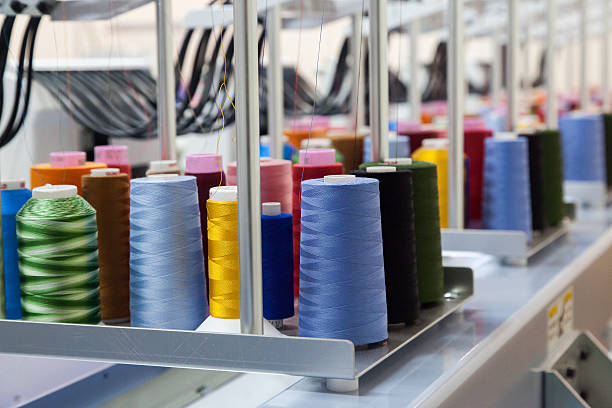









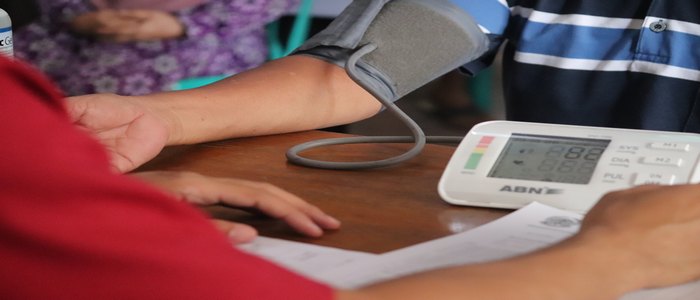


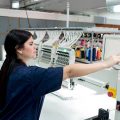



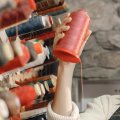
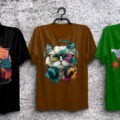

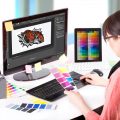
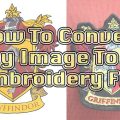









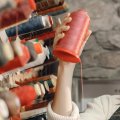







No Comments